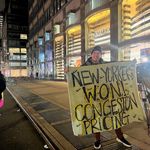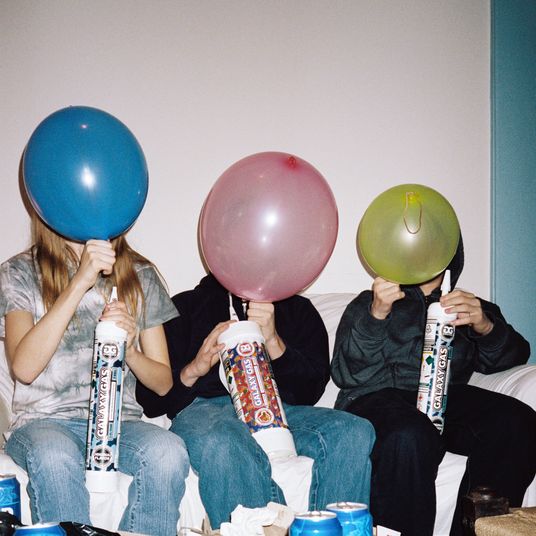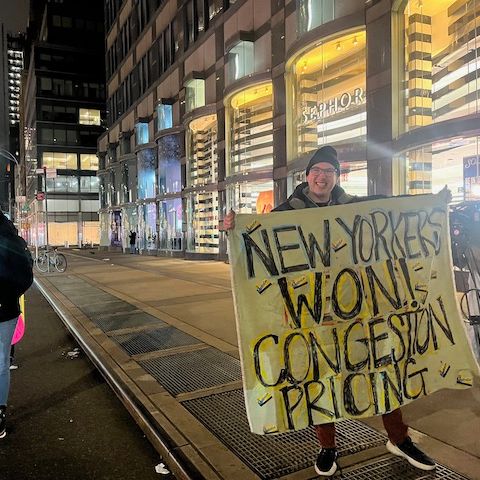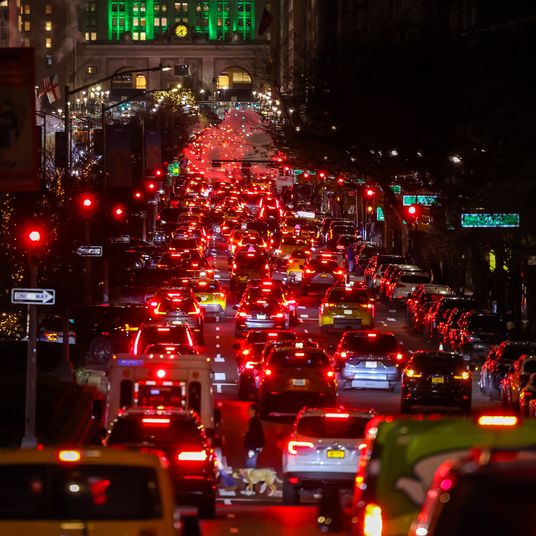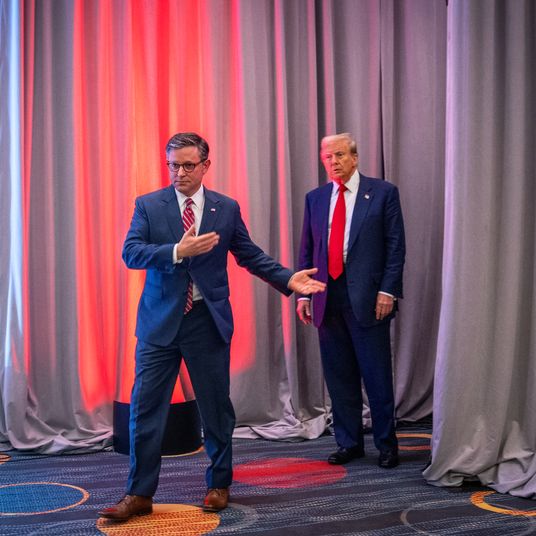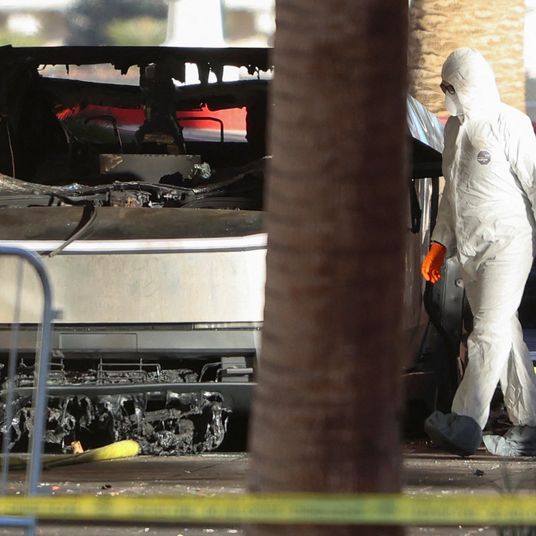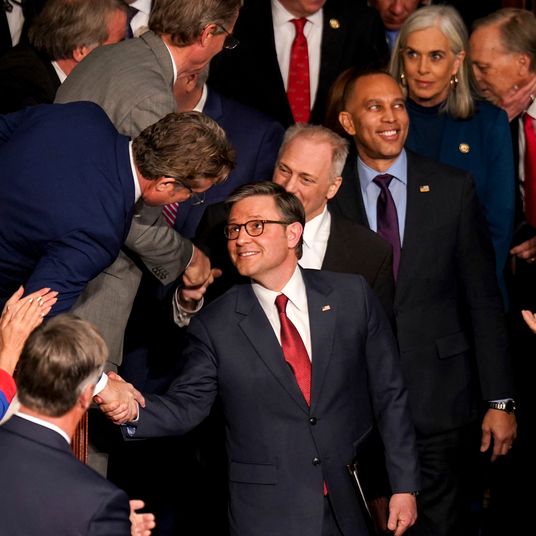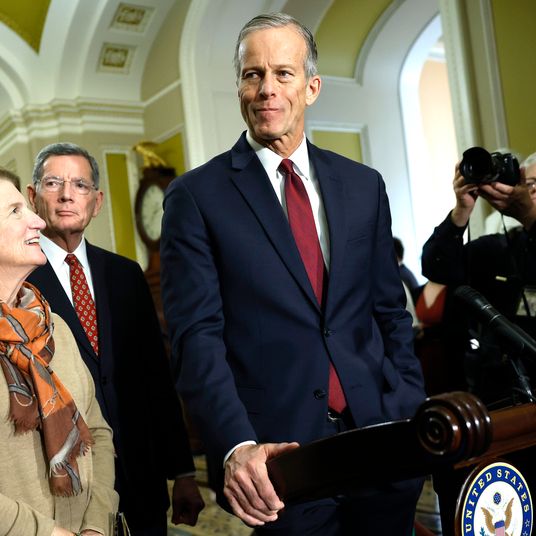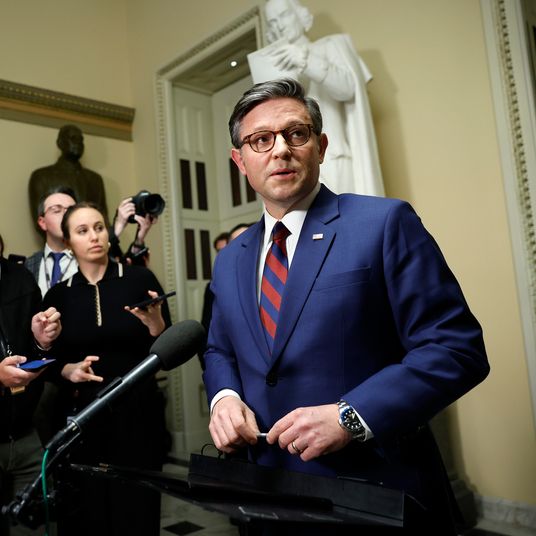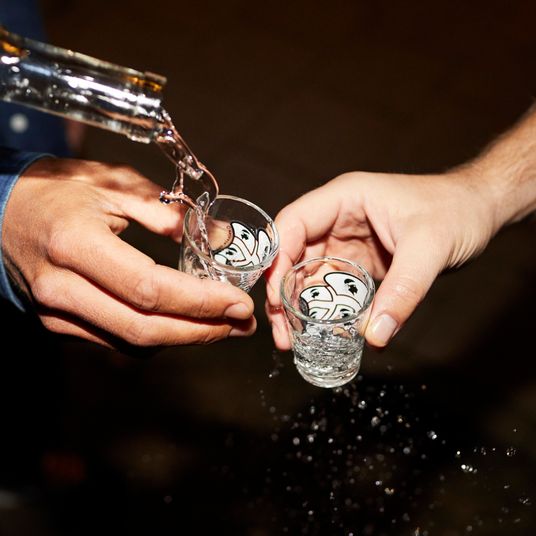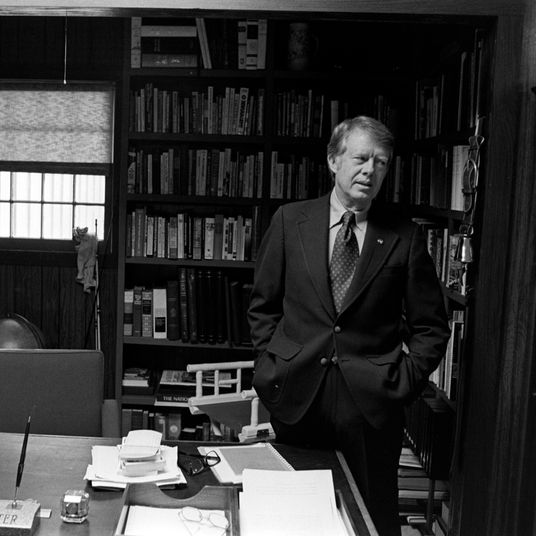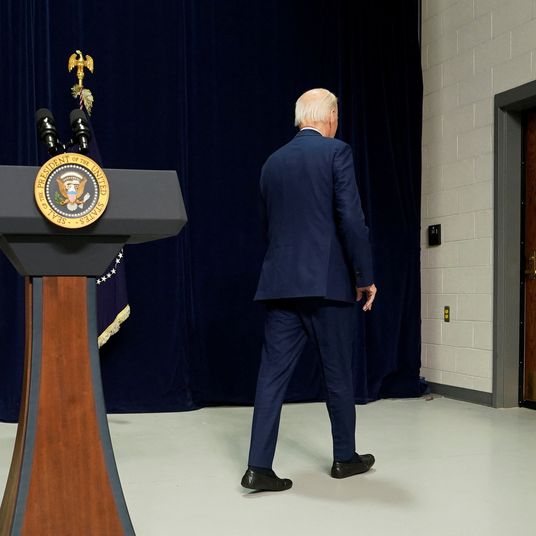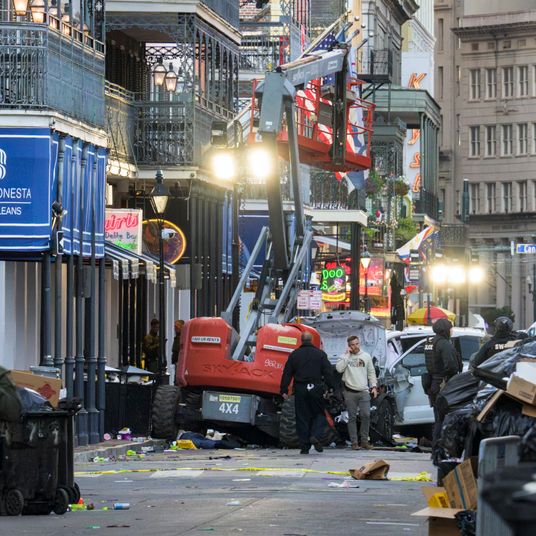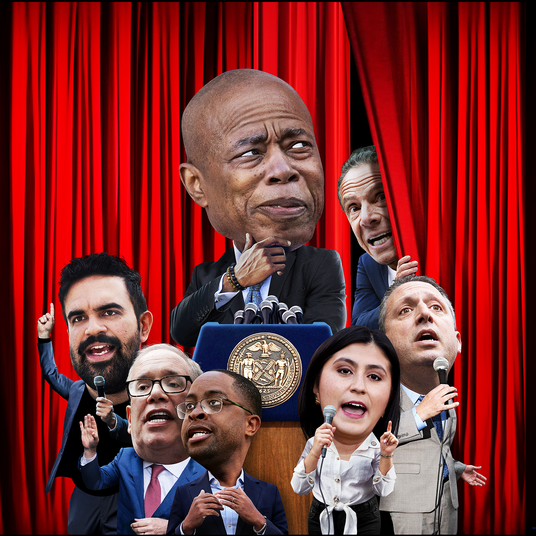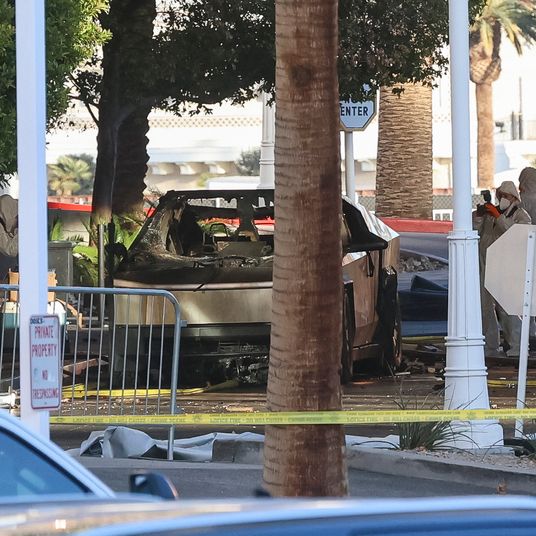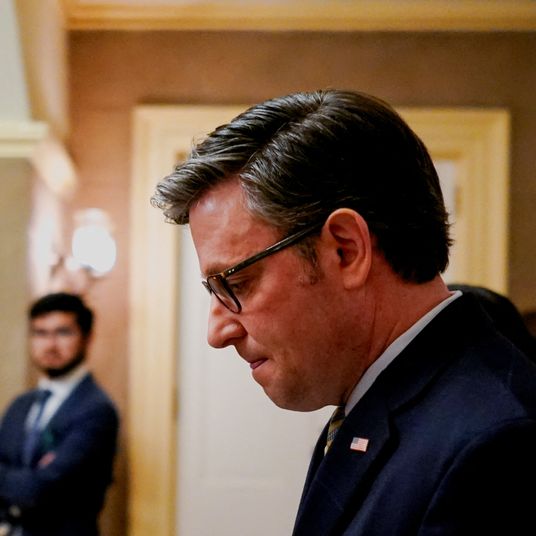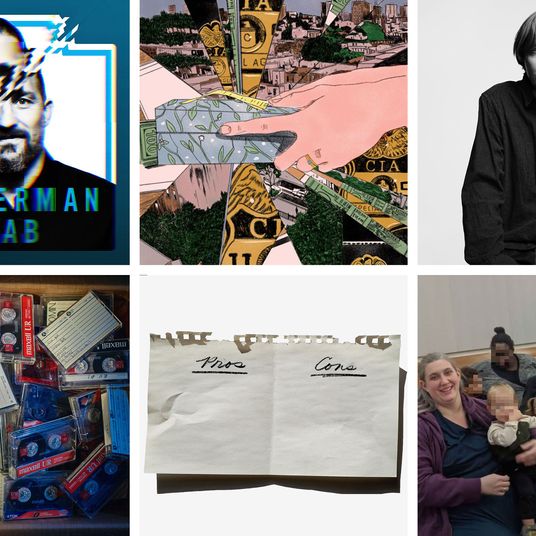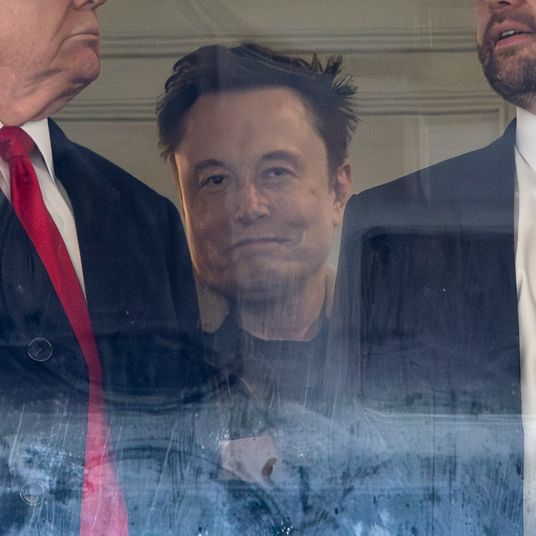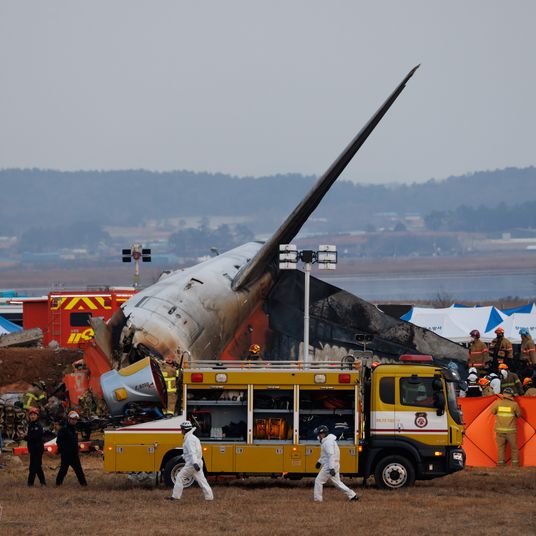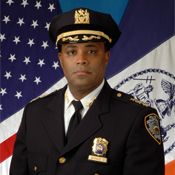
In a series of interviews, newly appointed NYPD chief Philip Banks III revealed that he had been unnecessarily questioned by the police during his youth in Crown Heights, though he continued to defend the department’s stop-and-frisk program, which he called “an effective strategy when it’s done correctly” on Thursday. Banks, who is the second black officer to hold his position, recalled an incident that took place in the early eighties, when three cops stopped him and a few buddies because they were standing in front of a building where drug deals had taken place. Two of the officers were “fine and professional and one was not,” Banks said. However, he added, “I was fine with the stop. I mean I didn’t like, of course, to be stopped. It was just a disrespect that me and my college friends were shown. It was what was said.”
Banks, who now lives in Queens, said that he has told his three children to be “very cautious about what you are doing out on a particular street, carry yourself like you were raised correctly” and to “listen to what the officer is telling them and to be very respectful” if stopped. His advice echoed that of his father — a retired NYPD officer who spent 27 years on the force — who told the New York Post that he’d instructed his sons to respond to stops “by saying, ‘This is where I’m going, this is where I started, and this what I’m doing’” because “a lot of times in our communities, police officers can’t tell a good guy from a bad guy.” Banks’s father also discouraged his kids from wearing fancy clothing because “dressing like that is going to cause you to be stopped at some point.”
While Banks admitted that “incorrect” stop-and-frisks “certainly put a divide between the police” and the public, he joined Ray Kelly and Mayor Bloomberg in dismissing the City Council’s plan to install a civilian inspector general to monitor NYPD procedures and policies. “I’m not sure what results it would produce,” he said. Instead, Banks said that he hoped to reach a point where “the community [thinks] of themselves as police and the police think of themselves as the community.” A nice-sounding goal but — as his own story proves — it’s going to be quite a challenge.




